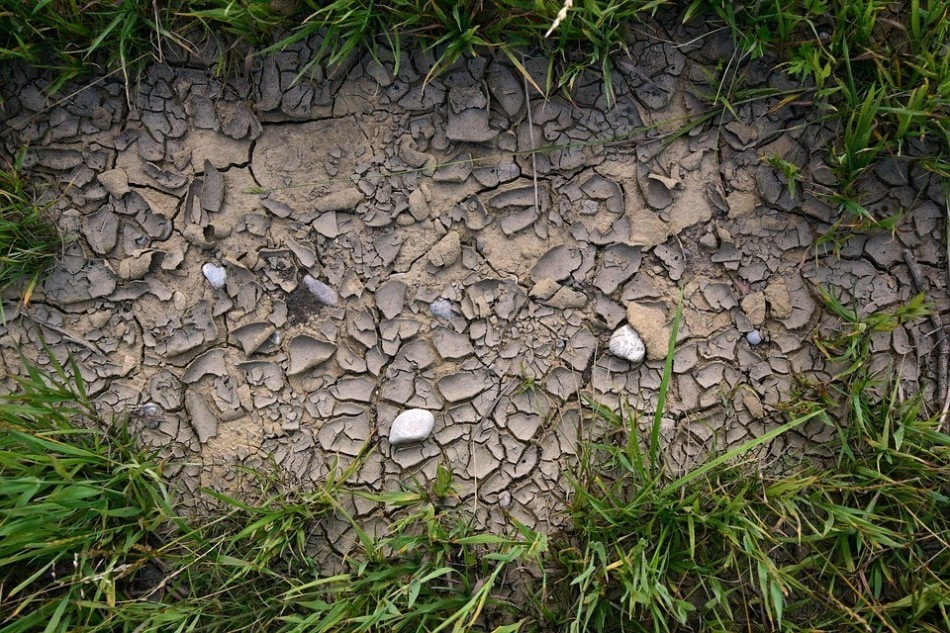Aug 7 2018
According to scientists, the recent drought and heat wave could have a deeper and more detrimental impact on soil than considered earlier.
 Image credit: The University of Manchester
Image credit: The University of Manchester
This could have far-reaching effects on plants and other vegetation which, consequently, may affect the wider entire ecosystem.
This is due to the fact that organisms in soil are largely diverse and are accountable not just for producing the soil required to cultivate crops but also for providing various other benefits for humans, such as regulation of greenhouse gas emissions and cleaning water.
The innovative research - headed by scientists from The University of Manchester and reported in the Nature Communications journal - offers intriguing insights into the ways in which a drought changes the soil at the microbial level. It demonstrates that anticipated variations in climate will have an impact on UK soil and that soil is not as tough as thought earlier.
Climate change has led to the increase in intensity and frequency of disturbances such as drought. These extreme weather conditions alter the soil moisture and vegetation composition, which consequently affects the underlying organisms and microbial networks in the soil.
The research involves investigating the reaction of the microbes to severe drought, thereby offering better insights into how underground soil networks respond to such environmental disturbances.
Lead author, Dr Franciska de Vries, from Manchester’s School of Earth and Environmental Sciences, explained, “Soils harbour highly diverse microbial communities that are crucial for soil to function as it should.”
“A major challenge is to understand how these complex microbial communities respond to and recover from disturbances, such as climate extremes, which are predicted to increase in frequency and intensity with climate change.”
“These microbial communities within the soil play a crucial role in any ecosystem. But it wasn’t known how soil networks respond to such disturbances until now.”
For this study, sequencing of soil DNA was performed at the Centre for Ecology & Hydrology (CEH). According to Dr Robert Griffiths, a molecular microbial ecologist at CEH, “This study further identifies those key organisms affected by drought, which will guide future research to predict how future soil microbial functions are affected by climate change.”
The researchers investigated the impacts of summer drought on plant communities, including four common grassland species. It was discovered that drought increased the abundance of a specific drought-tolerant, fast-growing grass. The increase in aboveground vegetation increases the rate of evapotranspiration, or cycling of water from plants to the atmosphere, thereby decreasing the overall soil moisture.
Research performed as part of Lancaster University’s Hazelrigg grassland experiment was vital to the discovery.
According to Professor Nick Ostle, from the Lancaster Environment Centre, “Our hot and dry summer this year is a ‘wake up’ to prepare for future weather stresses. We have just had the hottest ten years in UK history. This work shows that continued summer droughts will change soil biology. This matters as we plan for ensuring food security that depends on healthy soil.”
In contrast to earlier studies, this research took into account the multitude of direct and indirect interactions that take place between distinct microbial organisms in the soil. Instead of concentrating on chosen traits of fungi and bacteria, this study took a comprehensive approach to investigate soil ecosystems.
Dr de Vries added, “This study allows soil ecologists to estimate the current and future impacts of drought on belowground organisms, helping to understand the complex interactions of species due to climate change.”